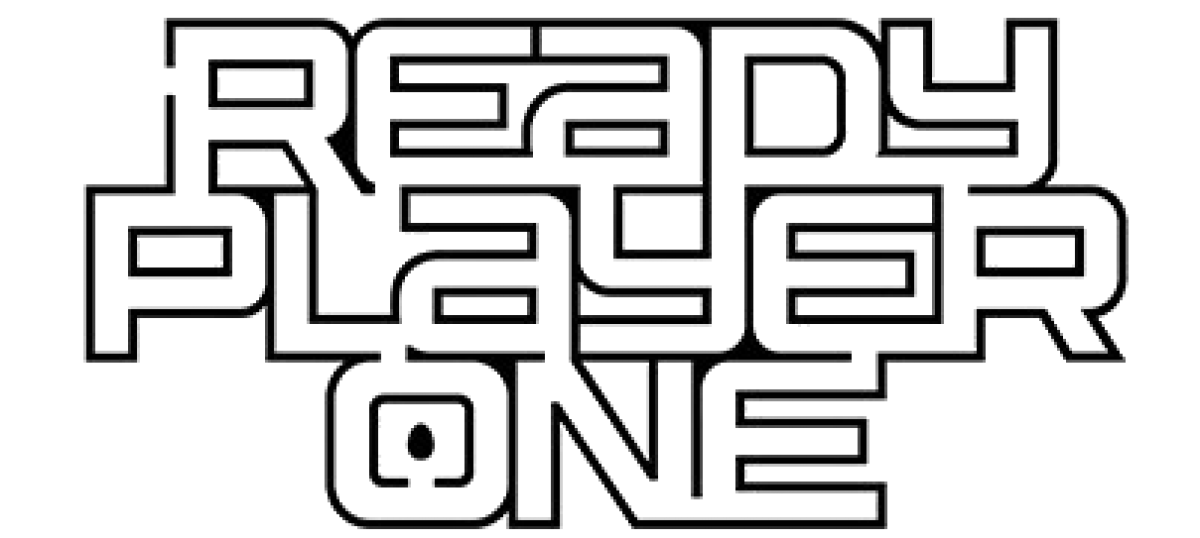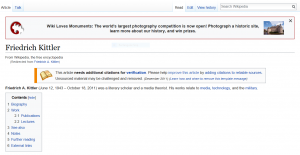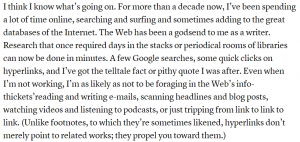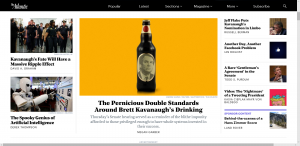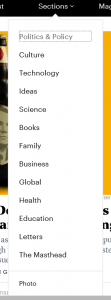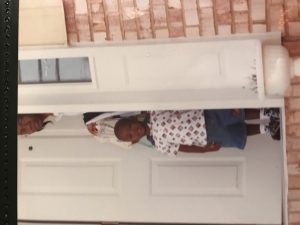Just speaking hypothetically, what if it was a possibility to put some lenses on your head and to be able to see with your own two eyes, child birth? Or specific instructions and procedures to a heart surgery? Or even the simple, yet amazing concept of our solar system? Now that all sounds great, but what is I told you that is all already happening? With modern technology, we are now able to see, hear, or in the rarest cases, feel things without us actually being there. This is due to Virtual Reality (VR) technology. Things like Google Glass, Oculus, and other VR systems make it possible to do these miraculous things, all while staying in your seat, home, classroom or any place of convenience. This level of advanced technology can be used in a multitude of ways. VR through focused education (specific to major, subject, etc.) is a prime example of how Virtual Reality technology can create an entirely new aspect of learning, exploring, and discovering. It needs to be integrated into the school curriculum, as it can take education to an even higher level than years past.
Starting at the lowest level, going all the way up to post-secondary education, grade- schools and all forms of post-secondary education are already adapting to the “new wave” of VR learning and exploring. According to an article by Kelly Walsh, writer and educator, titled “Real Uses of Virtual Reality in Education: How Schools are Using VR”, teachers and other educators around the U.S. are taking full advantage of the ascendancies that VR learning has over traditional learning. A prime example of this are Virtual field trips. Educators are providing students with VR experiences and in order to give them the experience that some have not, or possibly will not have the pleasure of doing so themselves. Students may now go to the zoo right from the comfort of their classroom. Expanding it further than just the zoo, the aquarium, or some other cliché field trip that can be seen with their own eyes, students are being taken on a trip to the solar system. According to the article, students use “Titans of space”, an app available for the oculus Go or the Samsung Gear VR, that allows you to see the solar system, which is both a privilege and an experience in itself (“Real Uses of Virtual Reality in Education: How Schools are Using VR”). This is only one example of how educators are placing students in the experience so that they may not only see it, but hear it as well. Another example of this is taking students back to the Jurassic Age, through a various number of apps, where these students can see, hear, and experience a time much before all of us. Virtual field trips are just the surface of what VR’s can do for education.
In addition to the virtual field trips children and adolescents alike may indulge in, VRs can also be used within the college education system. In the article by Kelly Walsh, he explains in a multitude of ways how VR through education can assist college students in grabbing a real-life experience while in class. In the article, he mentions college students on job sites pertaining to their specific field, they identified hazardous content, which in turn removes students from an actual job site filled with hazards, and prevents being in a potentially dangerous environment in order to learn (“Real Uses of Virtual Reality in Education: How Schools are Using VR”). Another prime example of college students getting a real-life experience through VR for education would include medical purposes. Colleges and institutions like UCLA are using VR to train neurosurgeons to perform surgery. Another location such thing takes place is Chu Angers University Hospital in Europe using VR to simulate stimulating a patient’s brain during a medical procedure.
All of these examples, from field trips, to medical procedures are amazing examples of ways VR can be effectively used in education. Referring to my personal experience with a VR in a classroom environment, I got the opportunity in my English-151 class to use Google Glass in combination with my iPhone and the NYTVR app to go through experiences of war and hardship. An informational VR experience titled, “The Displaced” guided me through an experience of a family, as well as other families, being forced to move out of their homes due to a brewing battle within their hometown, only to comeback to nothing but rubble and destroyed homes. This experience, seeing the rubble beneath me, drew a certain level of sympathy for that particular family, and the dozens of other families in the same situation as them. The educational part of using the VR is an amazing step forward in the direction of the age we live in, but being able to share an experience and feel sympathy or even empathy, is an entirely different aspect of it.
Not only does this VR through education help us learn and grow intellectually, it lets us share feelings with others without actually being there. In a TED talk presented by Christopher Milk titled “How virtual reality can create the ultimate empathy machine”, he talks about how VR through film making and education can draw people together. He makes a powerful statement just before he closes his presentation. He states, “So, it’s a machine, but through this machine we become more compassionate, we become more empathetic, and we become more connected. And ultimately, we become more human (“How virtual reality can create the ultimate empathy machine”). This really signifies the different aspects of education that the VR can bring, not attributing just the educational side of things, but the psychological and emotional side of things as well.
The VR should be and needs to be integrated into the educational system and you should highly consider using it when instructing your class, it can open up a new world of learning never experienced before by possibly yourself, and the students that have the privilege of experiencing such an thing. It draws students closer and can create a level of sympathy and personal connection possibly never achieved before.
